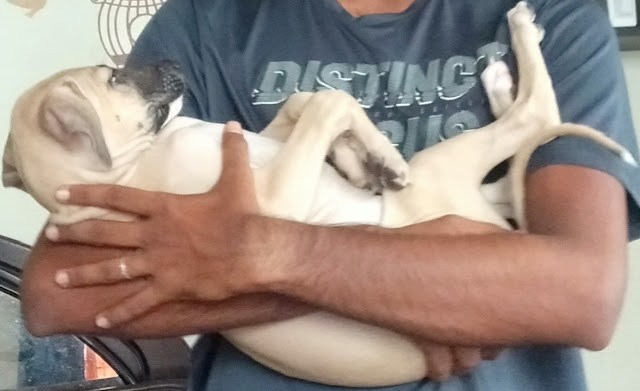Dog Diet Series: Episode 6 - Vitamin D for Dogs, Benefits, Deficiency and Overdose Symptoms, Food Sources
Despite looking perfectly healthy, a dog may still suffer from a dangerous vitamin deficiency. A vitamin that is essential for dog's bones, heart and immune system - yes, it is vitamin D.
How Vitamin D Works?
Vitamin D helps to regulate calcium and phosphorus levels, keeping bones and internal organs healthy. Without this essential vitamin, a dog cannot absorb all the nutrients she gets from foods even if she is a great eater.
Dogs need vitamin D just like we humans do. Unlike humans, they cannot synthesize vitamin D from sunlight. Hence, the source of vitamin D for dogs is food.
Health Risks of Vitamin D Deficiency in Dogs
Most of the commercial dog foods are fortified with vitamin D but most of the homecooked diets for dogs tend to lack in vitamin D, particularly the vegetarian dog diets.
Low levels of vitamin D in dogs can lead to:
- Joint pain
- Weak bones
- Heart trouble
- A weakened immune system
Signs of Vitamin D Deficiency in Dogs
- Fatigue
- Joint stiffness
- Loss of appetite
- Muscle weakness
- Bone pain or limping
- Growth issues in puppies
- Egg yolks
- Sardine and salmon
- Beef liver
- Fortified dog foods
- Cod liver oil (only with veterinarian's approval)
- Spirulina
- Hemp seeds
- Vomiting
- Loss of appetite
- Excessive thirst and urination
- Weakness
- Weight loss
- In severe cases, it may lead to kidney failure





Comments
Post a Comment